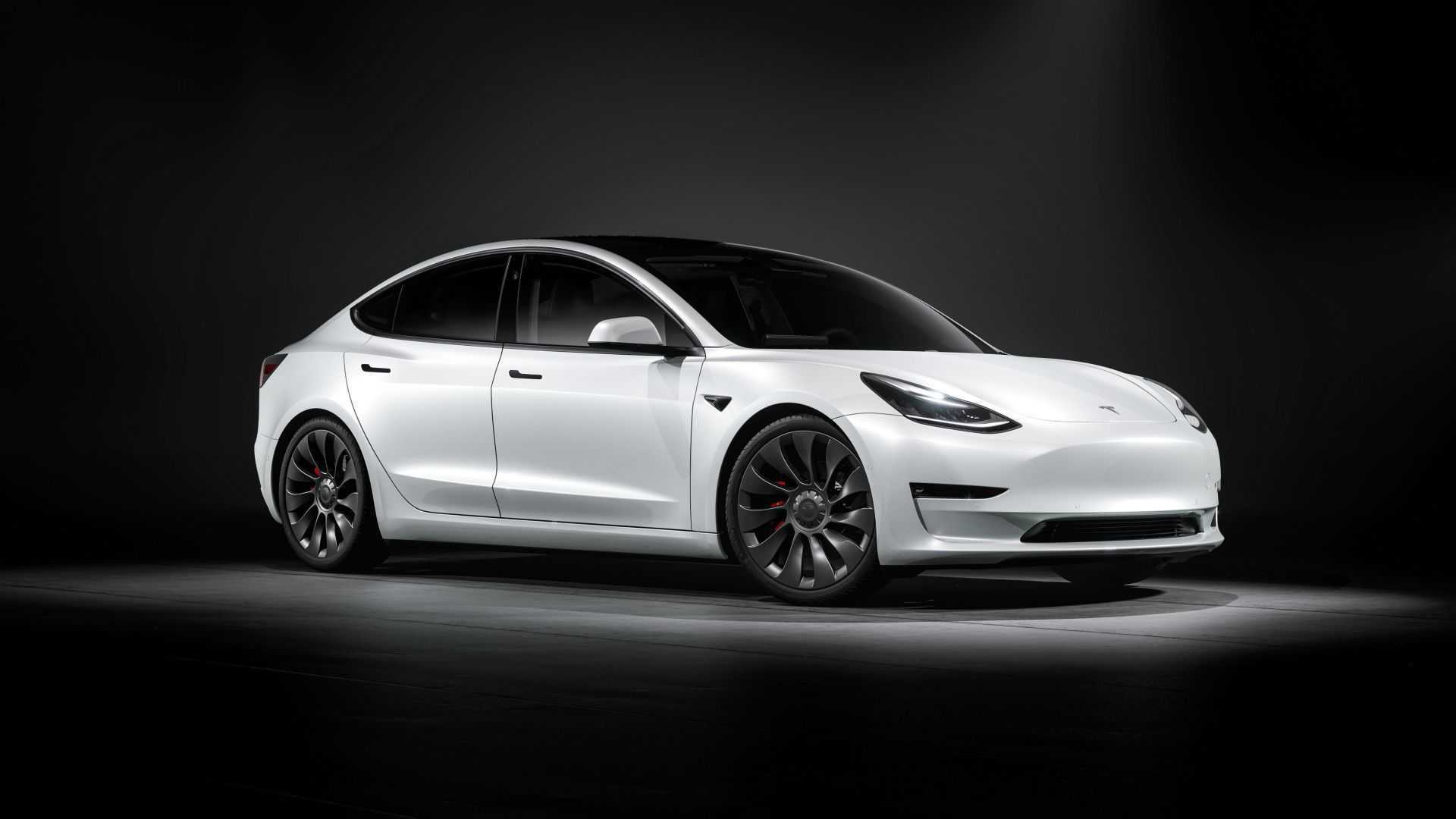
Electric vehicles offer a cleaner, lower-emission experience for consumers, but some skeptics have criticized the mining, manufacturing and charging practices necessary for their batteries as less clean than EV companies claim. However, a recently-published study depicts how minuscule the lifespan emissions of EVs are, especially when compared to those of fossil fuel vehicles.
 |
Yale University conducted a study and found that the indirect emissions of EVs, from raw material to market, are far lower than those of fossil fuel-burning vehicles, according to a report from Anthropocene Magazine.
With many legacy automakers shifting to EVs, the results beg an important question about the true carbon costs of electrification.
Published in December in Nature Communications, the study used life cycle assessment and energy modeling tools to analyze and collect data about indirect emissions from conventional vehicles in comparison with EVs. Then, researchers calculated what a carbon price on those figures would cost and what effect it could have on the auto market.
The results suggest what many already assume — that implementing a carbon price could result in an entire phase-out of gas vehicles, speeding up emissions reductions significantly. However, in the past, critics have said that a worldwide switch to EVs would cause high indirect emissions from producing batteries and the use of electricity, while costing a fortune if a carbon tax was to be implemented.
In comparison with gas cars, however, the indirect emissions of EVs are still so low that a carbon tax on both indirect and direct tailpipe emissions would actually result in much lower emissions and increased EV sales, explains Yale Professor of Economics Ken Gillingham.
“A major concern about electric vehicles is that the supply chain, including the mining and processing of raw materials and the manufacturing of batteries, is far from clean,” says Gillingham. “So, if we priced the carbon embodied in these processes, the expectation is electric vehicles would be exorbitantly expensive. It turns out that’s not the case; if you level the playing field by also pricing the carbon in the fossil fuel vehicle supply chain, electric vehicle sales would actually increase.”
No matter if it's measured from the tailpipe of a car or the local power plant’s smokestack resulting from mass charging, electric cars have emissions advantages across the entire supply chain — and they’re only set to get cleaner.
The research team also explains that renewable energy and decarbonization practices are becoming increasingly popular, which will lead to lower charging and production-associated emissions in the coming years. In turn, the team writes, “large–scale adoption of electric vehicles is able to reduce CO2 emissions through more channels than previously expected.”
Meanwhile, the production of traditional gas cars won’t be getting any cleaner, and the difference between them and EVs is surprising, according to Stephanie Weber, a postdoctoral researcher at the Yale School of Environment.
“The surprising element was how much lower the emissions of electric vehicles were,” Weber continued, “The supply chain for combustion vehicles is just so dirty that electric vehicles can’t surpass them, even when you factor in indirect emissions.”
===
Sources: Anthropocene Magazine; Yale University; Nature Communications







